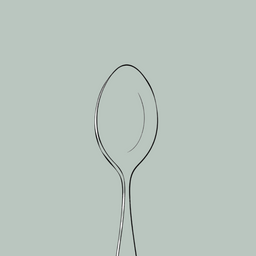CULTJAR - Meet The Maker
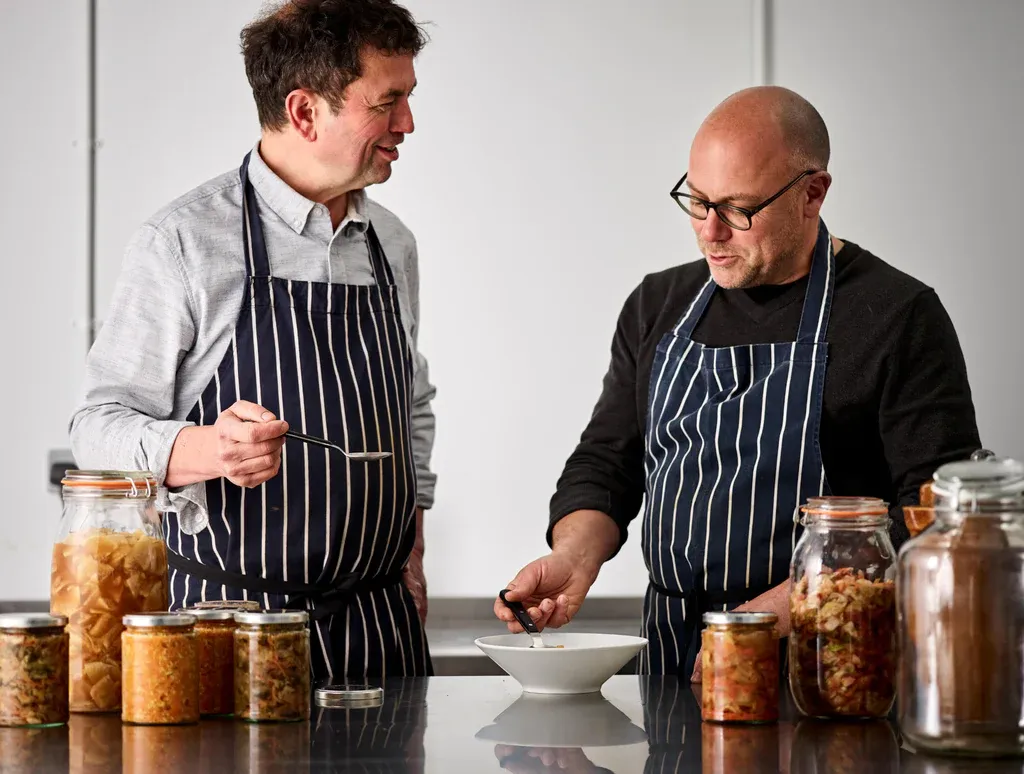
In the next of our Meet the Maker series, we spoke with Peter Prescott, founder of CULTJAR.
The concept - environmentally friendly grown and deliciously fermented, pickled and preserved vegetables and fruits - sourced mainly from the West Country if not from Peter’s Worminster Farm itself.
Peter has built up a wealth of knowledge from his time in the hospitality industry, running a number of hugely successful restaurants & working with many top chefs. However, these days he will be found on his farm in Worminster, Somerset working on these beautiful jars of tasty goodness.
How did CULTJAR come to be?
Firstly, my background is in high-end restaurants and many of the top chefs that I was working with where incorporating fermented and pickled ingredients within their recipes and menus to achieve depth of taste and flavour. And, I did a research trip to Copenhagen and was inspired by how chefs were fermenting and pickling all sorts of different ingredients in all sorts of different ways to elevate their menus.
Secondly, I really like the idea that a recipe starts with sowing the seeds and growing the ingredients and that our chefs would work in partnership with the growers and everything could be done in one location without the need for chemicals, packaging, delivery mileage and wastage. I knew that we could achieve that at Worminster Farm and it seemed sensible to do it.
And finally, Somerset! I was inspired by the county’s world-class food and drink producers/makers that surrounded us.
What’s the most recent development in your business?
Over recent months, we’ve really increased the number of bars, cafes and restaurants that we are supplying up and down the country – and even in Scotland. What I experienced in Copenhagen and in my restaurants in London has started to get traction but many of these places don’t have the space, time or know-how to make our style of ferments and pickles, so we are able to allow them to offer much more on their menus.
In particular, we are supplying a small chain of cocktail bars in the North East that do not have any kitchen space and we are providing almost all of the food for their menu, from the ferments and pickles to roasted nuts and seeds and even some of our shrubs for their non-alcoholic cocktails.
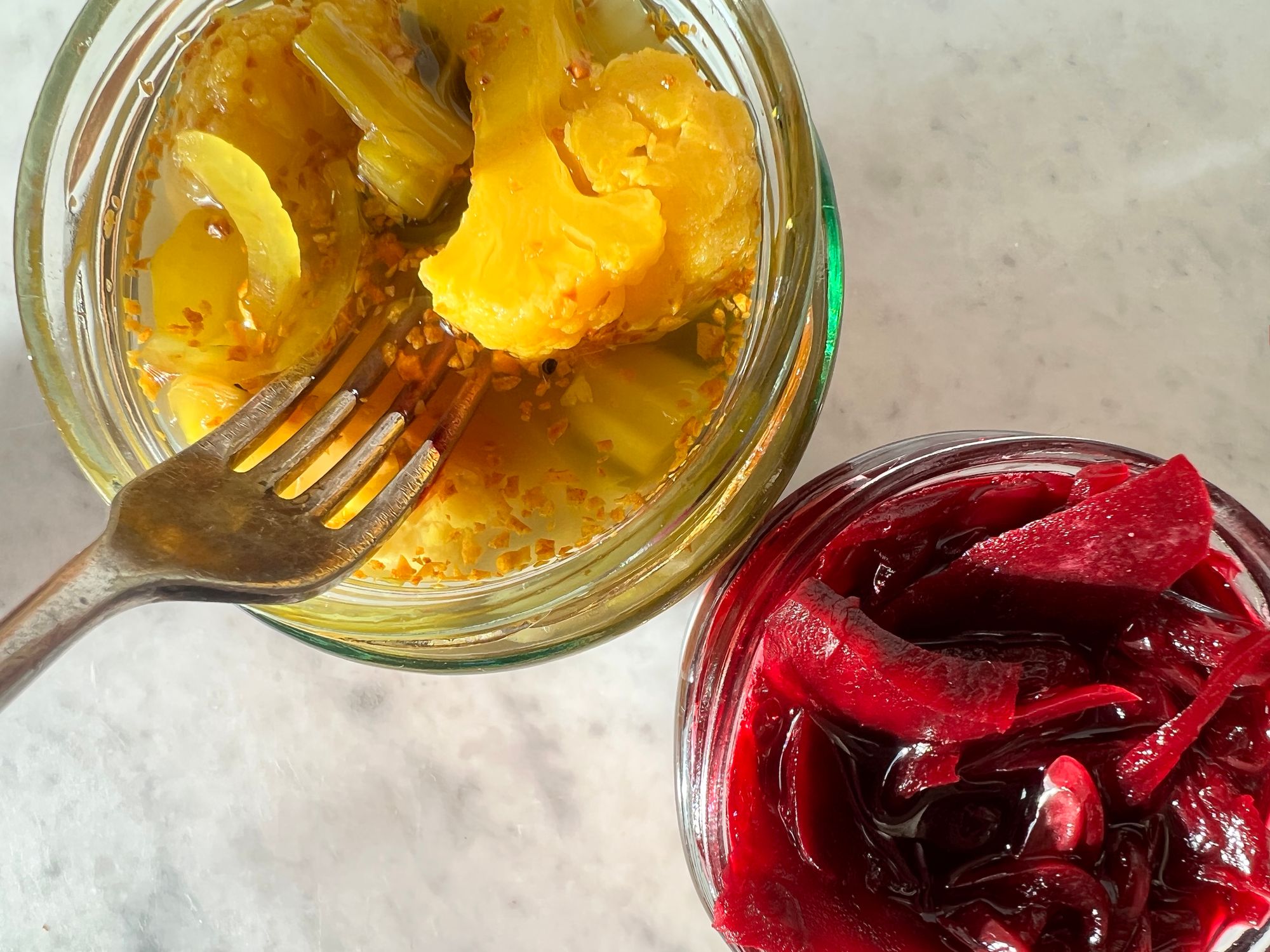
In your opinion, what’s your best business experience since setting up CULTJAR?
The local retailers really want to support the local food producers. The same can be said for the local communities. I think the pandemic has helped with this as more people want to know where their food comes from and they want to support local producers and consciously eschew the big bad ones.
Any key struggles and what are the lessons you've learnt?
Price increase from our suppliers. Whilst I’ve got a lot of sympathy with their position as many of their own costs have increased beyond anything that they ever expected - that doesn’t help my business. In one case, a supplier promised three times in the year that the price would be fixed for another 12 months but he had to renege on his promise each time.
Any advice to other ‘makers’ that are maybe just starting out or sitting at a crossroads?
Before you start production, make sure that you very, very carefully plan ALL of the production costs for ALL of your individual products incorporating every possible costs and arrive at a total cost of sale for the product and then calculate your margin for each product and then be realistic about the volumes that you are likely to sell. Essentially, you need to create a very detailed and realistic budget and make sure that you measure performance against that budget.
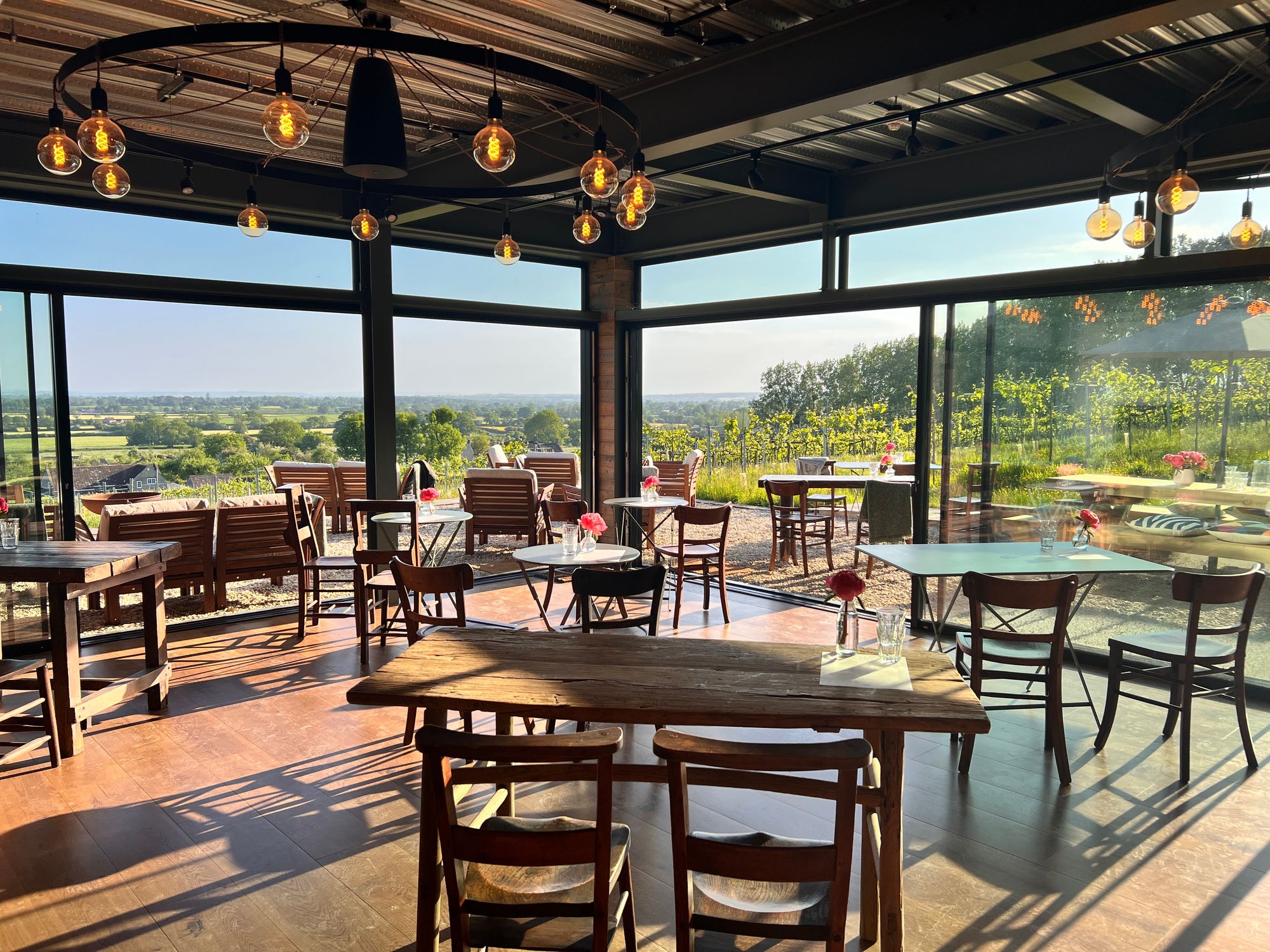
In a few months, we will hit the ‘hungry gap’ when winter and stored crops are getting scarcer and the first summer produce is not yet ready. What’s last out of the ground at Worminster Farm and what’s first out in Spring?
Last out of the ground are leeks and beetroot that we are able to successfully store in the gardens rather than in refrigerators. We are also fortunate to be growing things like purple sprouting broccoli that can be harvested in late January and February with a further crop in late April and May.
We are trialling some forced rhubarb that we think will be ready in mid-February. And, we’ve been over wintering spring cabbage in the polytunnel that should be ready in April and we’ll have salad onions, mooli and turnips at around the same time.
I would also say that we really enjoy growing bitter salad over the winter. We’re not doing it this year, but we’ve previously grown puntarelle which can be a real treat in February and March.
This is clearly when preserved fruit and vegetables come into their own - do you agree?
Most definitely! I would also say that I find that ferments and pickles that are made in the autumn and winter start to reach their most deliciousness about this time.
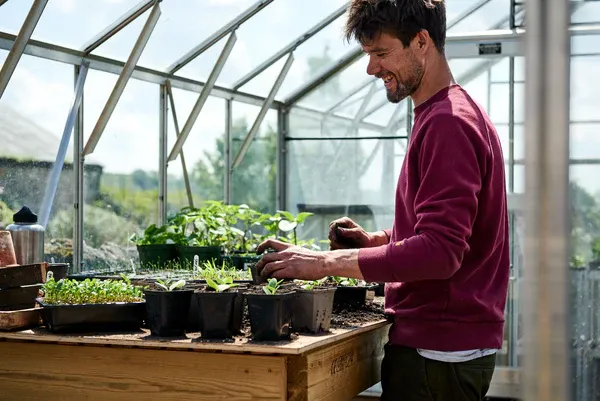
This may be difficult to answer but what’s your favourite CULTJAR product?!?
I go through different phases loving some recipes more than others and to be honest different batches of the same recipe can taste different when it comes to the ferments, less so with the pickles. One of our best-selling recipes is the Thai Yellow Curry Carrots but I’ve got to say that it’s not my favourite!
And your favourite local restaurant?
Root in Wells; Osip and The Old Pharmacy in Bruton; The Queen of Cups and Fara in Glastonbury.
Finally, tell us what customers can expect from CULTJAR in 2024 …
We are working on a few new recipes that will be launched in the summer including a new recipe that features a whole bulb of wet garlic fermented in honey.
A huge thank you to Peter for his time with this and for such interesting answers. As our fascination with ferments continues to grow if you’ve yet to try them then CULTJAR are some of the best. Head over to their website to read more and place your order.
Next up on Meet the Maker, we’ll be talking to Jon Corpe from Buffalicious.
Start your journey to a sustainable plate with The Tale of a Teaspoon on instagram.

